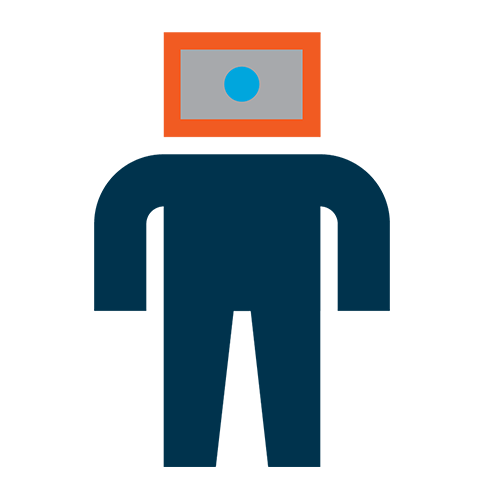Who: International Olympic Committee (IOC), United States Olympic and Paralympic Committee (USOPC), German Cartel Office (GCO)
Where: US, Germany and worldwide
When: February, June and October 2019
Law stated as at: 31 October 2
What happened:
Prior to a recent update, rule 40.3 of the IOC’s bye-laws prevented athletes from working with personal sponsors during the Olympic Games and in the run up to the event. In addition, athlete sponsors who were not also official Olympic sponsors were prevented from suggesting a connection to the Games. Athletes could face sanctions, loss of medals and disqualification if they or their non-Olympic sponsors infringed the rules.
The purpose of rule 40 was to maintain the exclusivity of official Olympic partners and to prevent ambush marketing by brands not financially contributing to the Games. However, this is now changing.
A ruling by the GCO in February this year deemed the rule’s restrictions too far-reaching and removed the obligation on German athletes to clear their personal marketing activities with the German NOC ahead of the 2020 Games. The ruling sparked increased pressure on the IOC to review rule 40.3; leading the IOC to issue the updated rule in June of this year.
The IOC’s new approach attempts to balance, on the one hand, protection of Olympic marketing partnerships and continued funding of the Games and, on the other, the rights of individual athletes to fund their sporting careers through sponsorship income.
The updated rule 40.3 states: “Competitors, team officials and other team personnel who participate in the Olympic Games may allow their person, name, picture or sports performances to be used for advertising purposes during the Olympic Games in accordance with the principles determined by the IOC Executive Board.”
In October this year, the USOPC issued guidance for US athletes navigating the updated rule. US athletes should officially register their personal sponsors with the USOPC online. Sponsors must agree to the IOC’s Personal Sponsor Commitment terms and conditions, which includes terms designed to prevent ambush marketing and control use of Olympic intellectual property. If not registered, rule 40.3 will apply as if previous restrictions had not been lifted. Registered athletes will be permitted to engage in generic advertising, thank sponsors at the Games and via social media, and receive messages of congratulations from their registered sponsors.
Other NOCs are still to release detailed guidance, so watch this space for further updates.
Why this matters:
The registration bar is a far lower hurdle to jump than the previous requirement to obtain special permission for personal sponsorship. For sponsors, the race is on to secure partnerships with budding Olympians ahead of the Tokyo 2020 games. Winning top exposure for brands in the run up to and during the Games may no longer be prohibitively expensive and will become part of the strategy for a wider range of brands.
Both athletes and sponsors should ensure they comply with any registration requirements well ahead of the games and comply with obligations and limitation set out in the IOC’s Personal Sponsor Commitment terms and conditions along with any principles published by the IOC Executive Board.








